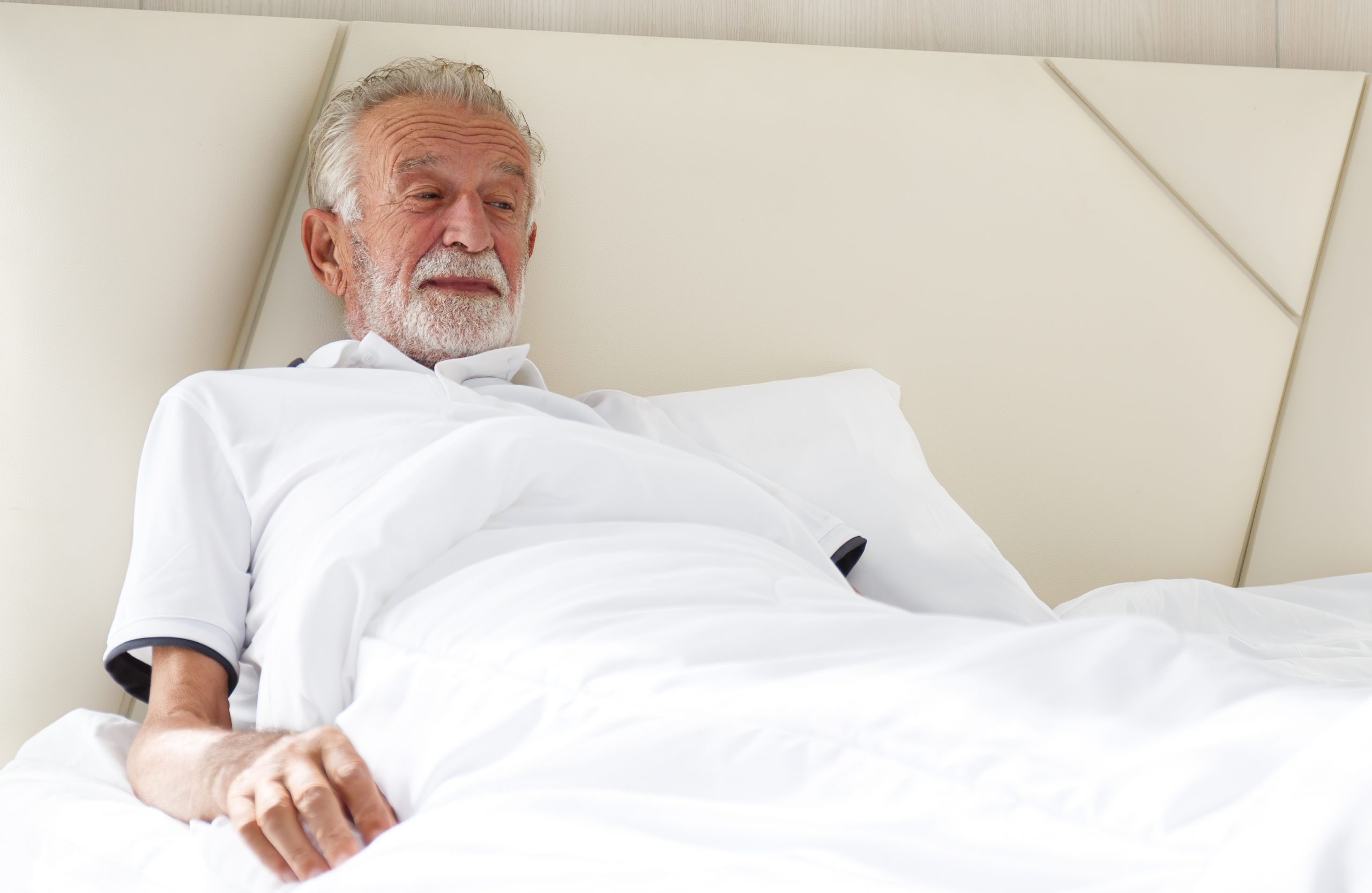As we age, getting a good night’s sleep can become increasingly challenging. Sleep patterns often change with age, leading to difficulties falling asleep, staying asleep, or feeling rested in the morning. However, quality sleep is crucial for overall health, affecting everything from cognitive function to immune system performance. If you’re struggling with sleep as a senior, here are some practical tips and tricks to help you achieve the restful sleep your body needs.
1. Create a Consistent Sleep Schedule
One of the most effective ways to improve sleep quality is by establishing a regular sleep schedule. Going to bed and waking up at the same time every day, even on weekends, helps regulate your body’s internal clock. This consistency makes it easier to fall asleep and wake up naturally.
Tip: Set a bedtime that allows for 7-8 hours of sleep each night. If you’re not tired at your chosen bedtime, start with a slightly later time and gradually move it earlier by 15 minutes each week until you find your optimal bedtime.
2. Make Your Bedroom a Sleep Sanctuary
Your bedroom environment plays a significant role in the quality of your sleep. Ensure that your bedroom is cool, quiet, and dark to create an ideal sleep environment. Consider investing in blackout curtains, earplugs, or a white noise machine to block out disruptive sounds.
Trick: Keep electronic devices out of the bedroom. The blue light emitted by screens can interfere with your body’s production of melatonin, the hormone that regulates sleep. Try reading a book or listening to calming music instead of watching TV or using a smartphone before bed.
3. Mind Your Diet and Hydration
What you eat and drink, especially in the hours leading up to bedtime, can significantly impact your sleep. Avoid large meals, caffeine, and alcohol close to bedtime, as these can disrupt your sleep cycle. While alcohol may initially make you feel sleepy, it can lead to fragmented sleep later in the night.
Insight: A light snack that includes a mix of carbohydrates and protein, such as a small bowl of oatmeal or a banana with peanut butter, can promote sleep by increasing levels of tryptophan, an amino acid that helps produce melatonin.
4. Incorporate Relaxation Techniques into Your Routine
Stress and anxiety are common causes of sleep disturbances. Incorporating relaxation techniques into your bedtime routine can help calm your mind and prepare your body for sleep. Deep breathing exercises, meditation, and progressive muscle relaxation are all effective methods.
Tip: Try a simple breathing exercise before bed: inhale deeply for a count of four, hold for seven seconds, and exhale slowly for eight seconds. This 4-7-8 breathing technique can help slow your heart rate and promote relaxation.
5. Stay Physically Active During the Day
Regular physical activity has been shown to improve sleep quality. Exercise helps regulate your sleep-wake cycle, reduces stress, and tires your body out, making it easier to fall asleep at night. However, be mindful of the timing of your workouts, as exercising too close to bedtime can have the opposite effect.
Trick: Aim for at least 30 minutes of moderate exercise, such as walking, swimming, or yoga, most days of the week. Try to complete your workout at least three hours before bedtime to give your body enough time to wind down.
6. Limit Naps
While naps can be beneficial, especially if you’re not getting enough sleep at night, they can also interfere with your ability to fall asleep later. If you find that napping during the day affects your nighttime sleep, try to limit naps to 20-30 minutes and avoid napping late in the afternoon.
Insight: If you feel drowsy during the day, instead of napping, try engaging in a light activity, such as a short walk or a relaxing hobby, to help you stay awake and reset your internal clock.
7. Seek Professional Advice if Needed
If you’ve tried these tips and still struggle with sleep, it may be time to consult a healthcare professional. Sleep disorders such as sleep apnea, restless legs syndrome, or chronic insomnia are more common in older adults and may require medical intervention.
Tip: Don’t hesitate to discuss your sleep concerns with your doctor. They can help identify any underlying issues and recommend treatments or sleep aids that are safe and effective for seniors.
By incorporating these strategies into your daily routine, you can enhance the quality of your sleep, which in turn will improve your overall health and well-being. Remember, better sleep doesn’t happen overnight—it requires consistent effort and attention to your habits and environment.
4o
